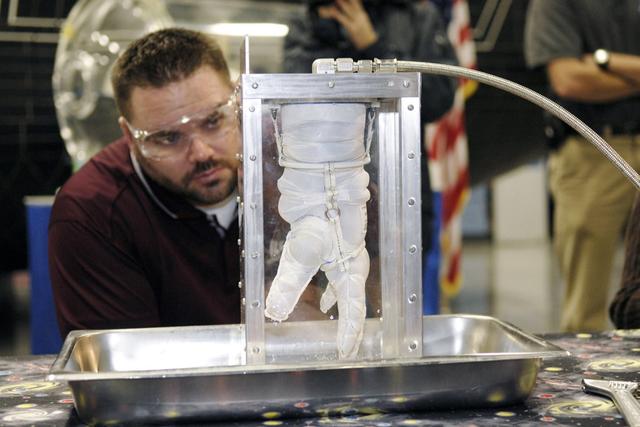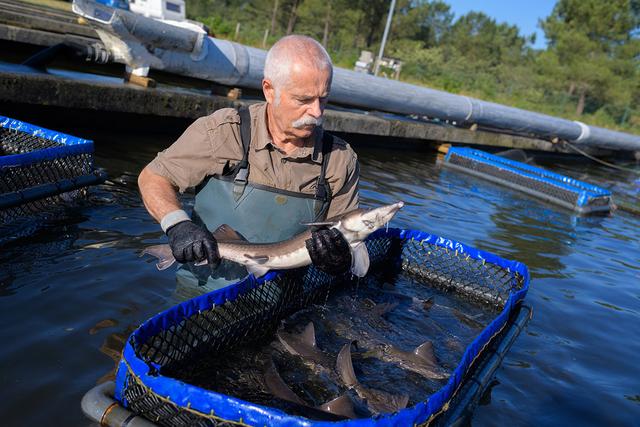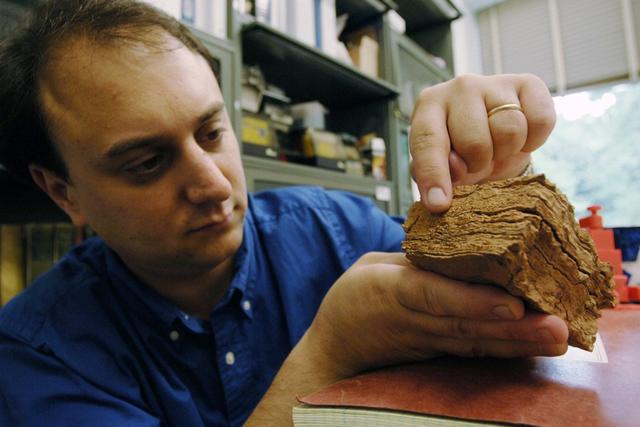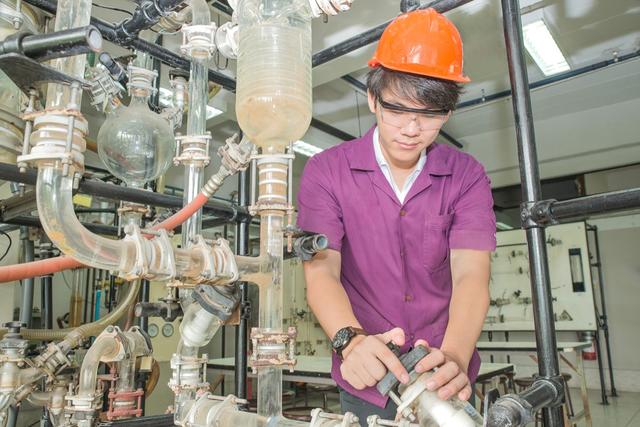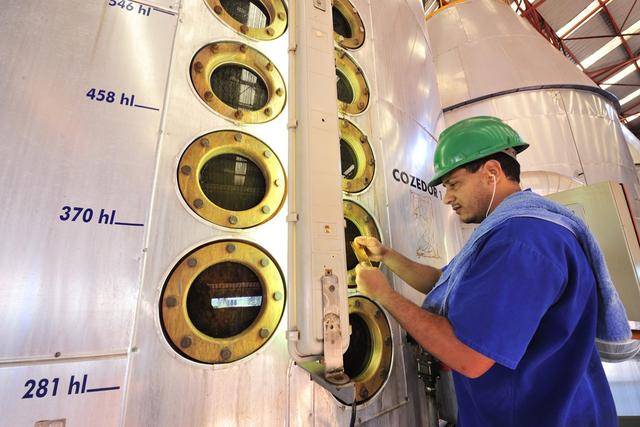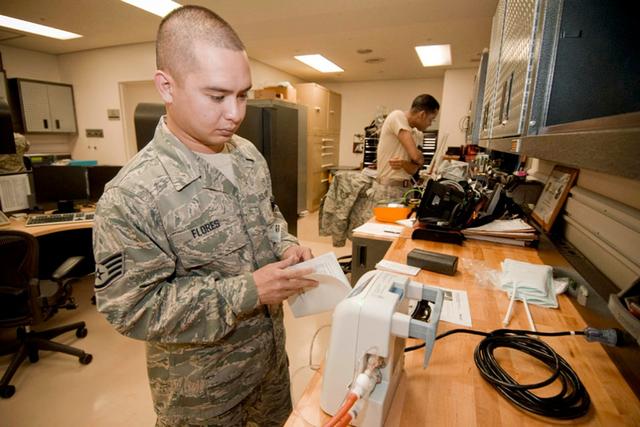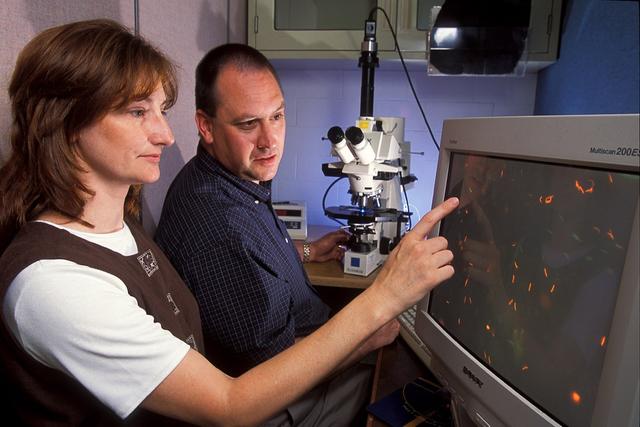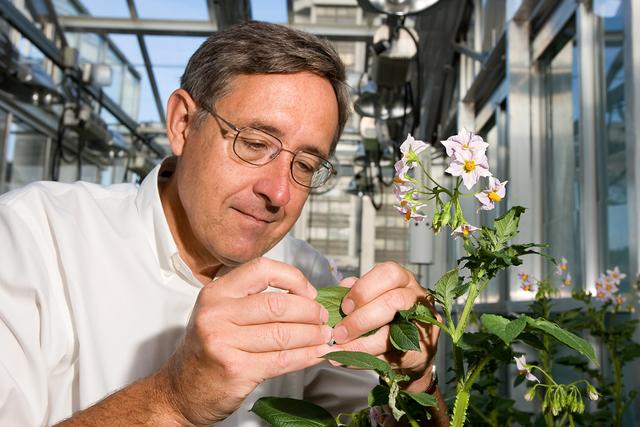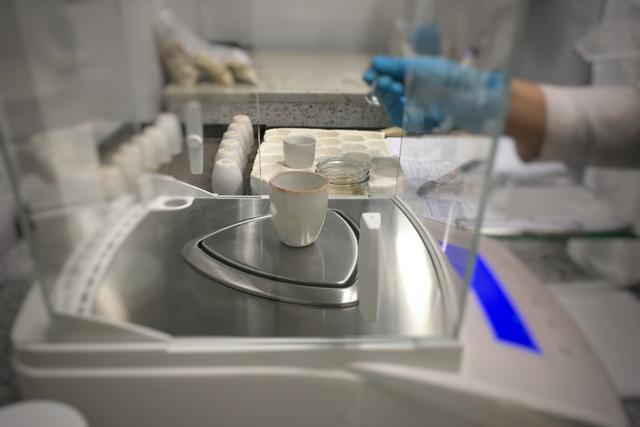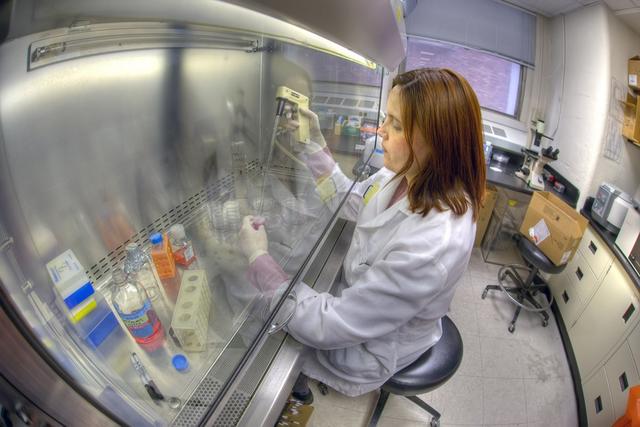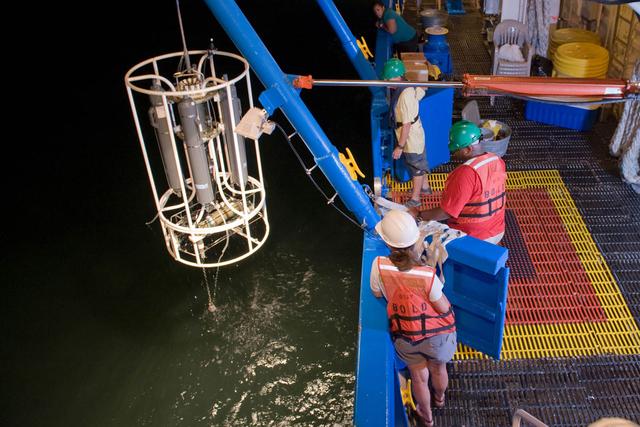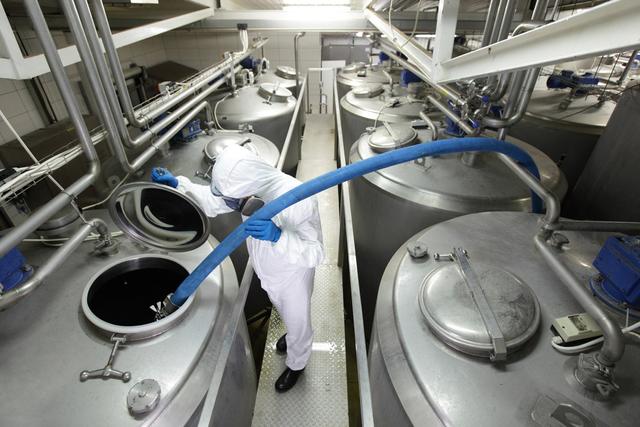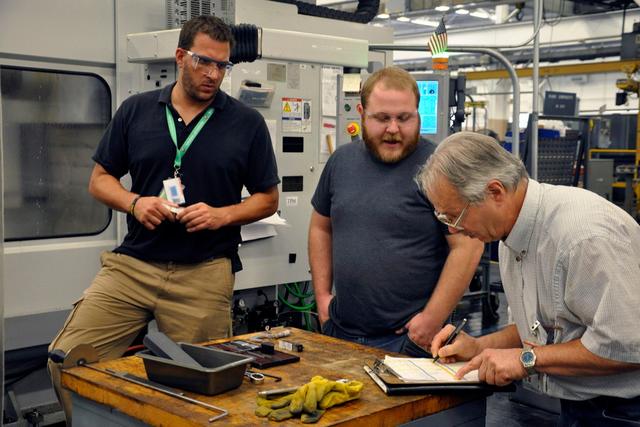Biochemical Engineers
Overview

Introduction
Biochemical engineers conduct research on various biological substances to develop products such as plastics, oils, paints, detergents, pharmaceuticals, agricultural chemicals, and foods for human consumption. The products they help to develop consist of a combination of lab-made and organic materials. They conduct lab experiments to study biological substances, their environments, and aim to create new compounds that are safe to use, economical, and beneficial to society. Approximately 19,700 bioengineers and biomedical engineers a...
Quick Facts
Median Salary
Employment Prospects
Minimum Education Level
Experience
Skills
Personality Traits
Earnings
Salaries for biochemical engineers vary by their education, experience, industry, and employer. Those with advanced degrees, years of prior work experience, and who work in research and development in engineering, physical, and life sciences usually earn the highest wages. The average annual salary for biochemical engineers in 2024 was $115,212, according to PayScale.com. Salaries ranged from $...
Work Environment
Working conditions for biochemical engineers vary depending upon the industry in which they work. Typically they work in laboratories, office buildings, or manufacturing plants. Their environment is clean, well lit, and organized. They may be exposed to hazardous materials and substances in their work and must wear protective gear and adhere to other safety precautions. They work 40 hours per w...
Outlook
Biochemical engineers will continue to be in demand in the coming years. More people are living longer and there will be an increased need for biochemically engineered products and processes to help tackle the various health problems of this aging population and other issues that affect the world.
Employment for bioengineers and biomedical engineers is projected to increase by 5 percent ...


